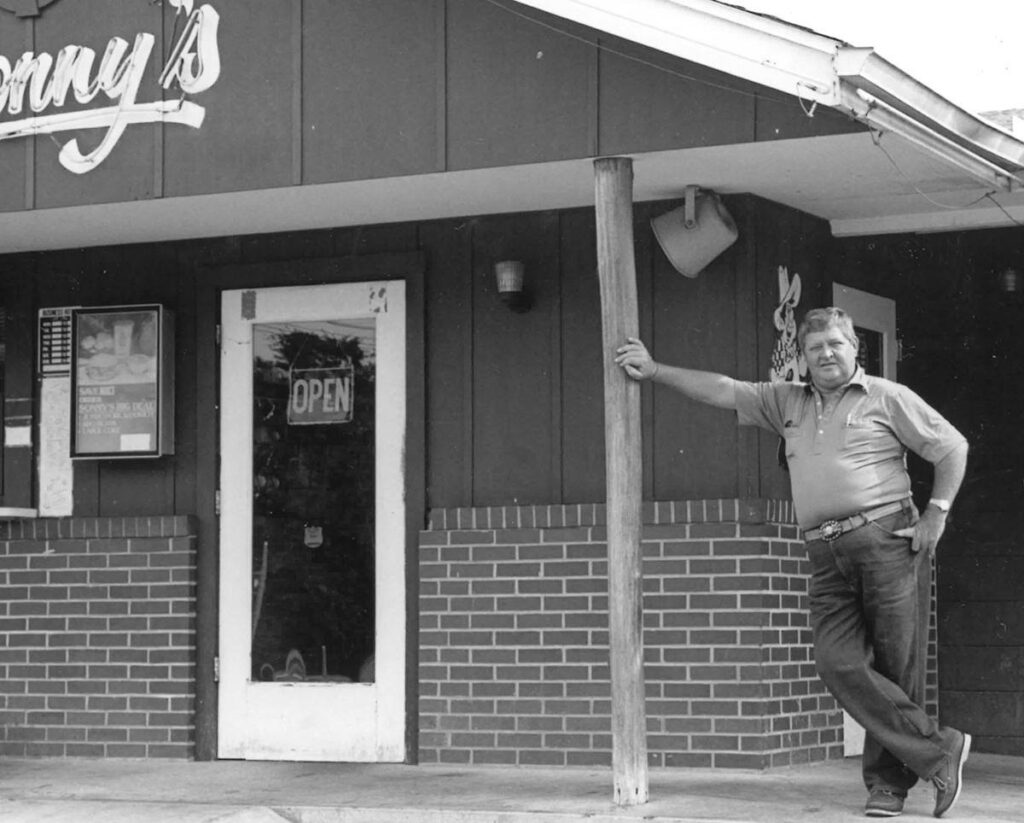
Who says there is no such thing as Florida barbeque? Sonny’s BBQ is the largest chain in the industry, and it all started in Central Florida. Where exactly? I reckon some would say Gainesville, but that depends on how far you want to go back in time.
Joe Culpepper: The great-grandaddy of Florida barbeque
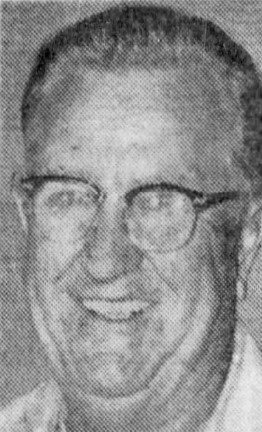
Joseph Seaborn Culpepper is the great-grandfather of barbeque restaurants on the Florida peninsula. He was born in 1907 and grew up in Cordele, Georgia. His father, David Culpepper (1873-1940), guarded a dozen heirloom family recipes that led many to say he made the best barbeque in Georgia. This culinary prowess was exhibited around family and community events but never commercially.
Joe moved to Miami in 1933 with these recipes in hand. He opened his first restaurant (Joe’s Old Fashioned Barbeque) in 1942 and built a devoted following. Culpepper’s legend grew throughout Miami, and he became the highly acclaimed pitmaster of a local chain called Plantation Pit Bar-B-Que. Their motto was “Jes’ ain’t non better.” They had ten South Florida locations by 1966.
Now… arguably this is Georgia-Q and not Florida-Q, but you know what? Floridians made it famous, so we’re going to claim it!
Culpepper family legend claims their sauce recipes were brought over by ancestors from Barbados in the 1700s.
Joe was highly revered and a giving Christian man. He openly shared his expertise and family recipes with anyone who asked, even potential competitors!
One of Culpepper’s understudies was Jim McCorvey of the famous Old South Bar-B-Q Ranch in Clewiston. The retired actor entered the business in 1956 using Culepper’s recipes. The signs became well-known by generations heading south on US-27.
Culpepper also trained Andy Kelleer, who opened his first barbeque restaurant in Naples in 1958. Andy (an iron worker by trade) grew up in Miami. He had no restaurant experience but loved barbeque and had great ambition. Joe and his wife (Edith) went to Naples for Keller’s grand opening and spent a week working with him to get the restaurant on its feet.
Sadly, Joe died in 1966, at just 59 years old, before he could see his lasting impact. His brother, Hugh, continued the family tradition and operated the South Florida chain into the 1980s.
His family also gave in other ways. They worked diligently for years to drive awareness and funding for kidney transplants. Joe co-founded the Florida Kidney Foundation, and Edith served on the board of directors of the South Florida Kidney Foundation after Joe’s death. This was driven by the battles with kidney failure of their teenage son, Robert. The Culpeppers donated dialysis machines to local hospitals when they were in limited supply. He was instrumental in creating Miami’s Artificial Kidney Center, which opened ten months after his death.
“I will never forget him,” said Andy Keller, “Joe was the great-granddaddy of nearly all the barbeque that you can get in Florida, for there are (around 150) restaurants that can trace their roots back to Joe’s sauces and Brunswick stew. You have to go beyond the table, and the cash register, to understand the legacy Joe Culpepper left this state. He never lived long enough to see (it)… I think he would have approved.”
“Joe’s the reason (Fat Boys) never moved into Miami,” Jesse Keller said, “I felt a moral obligation not to move into his area.”
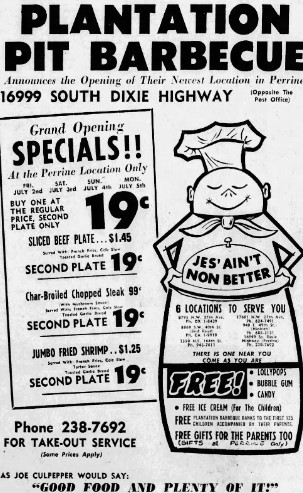
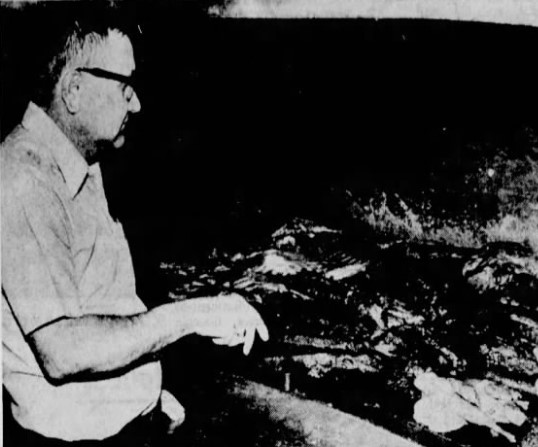
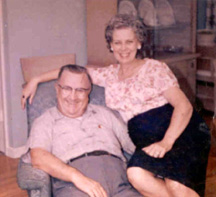
Tillman/Keller Family: Fat Boy’s to Sonny’s
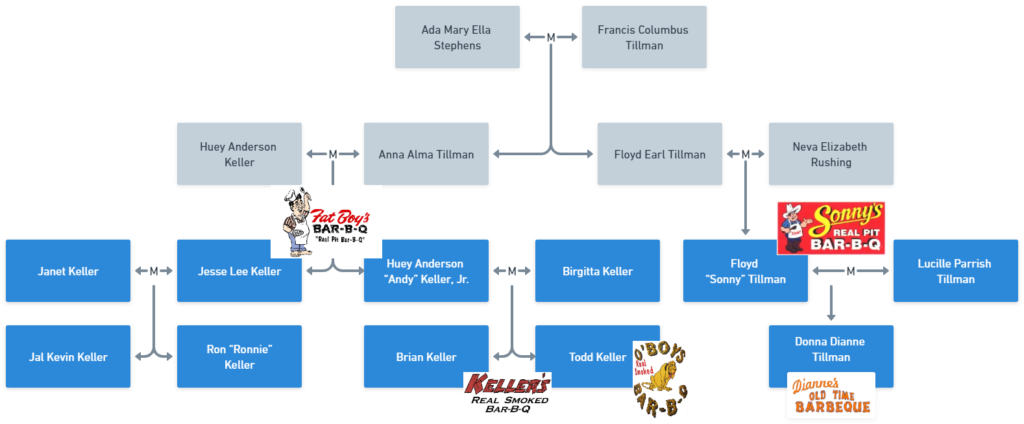
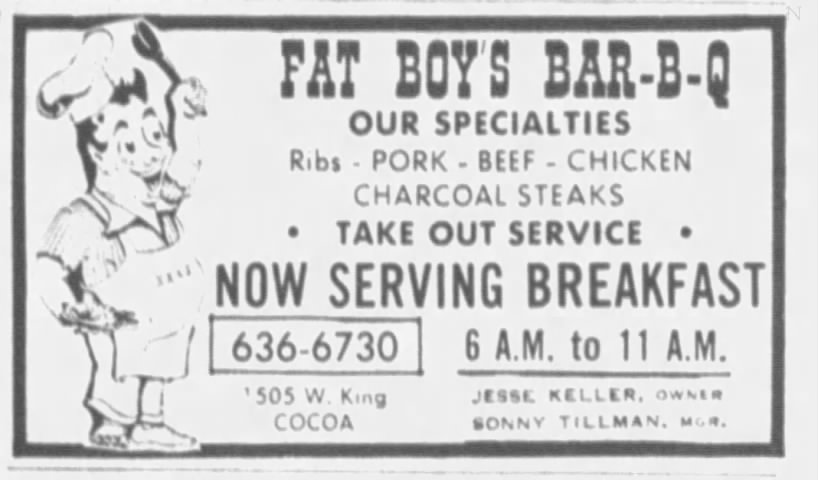
Spurred by Andy’s success, his brother Jesse spent some time in Naples learning the trade. He parlayed the Culpepper recipes to open Fat Boy’s BBQ in Cocoa around 1960. They were a winner! That chain took off like crazy, and before long, Andy closed his Naples restaurant to join his brother in expanding Fat Boy’s throughout the Orlando metro.
At one time, Fat Boy’s BBQ was the largest barbeque chain in the country, peaking at 59 locations around the Southeast.
In 1963, Jesse Keller called a cousin, Floyd “Sonny” Tillman, to help with some drywall at their Cocoa location. The 34-year-old construction worker began hanging around the restaurant at night. When two of Keller’s cooks suddenly quit, Jesse convinced Sonny to work the pit.
The old-fashioned art of slow-cooking meat over an open pit came quickly to Sonny. Jesse coached him in restaurant management, and before long, Sonny was a manager After a couple of years of coaching, Jesse promised to give him a franchise.


The promise was fulfilled when Tillman opened his signature Gainesville restaurant (Waldo Road) on April 17, 1968 — a location still in business today!
It remained a Fat Boy’s BBQ for the next nine years. At that time, the Keller brothers battled some differences of opinion. Tillman lacked the appetite for the drama; besides that, he had his own aspirations. From those catalysts, Sonny’s Real Pit Barbeque was born in 1977. The similarities between the companies’ logos are pretty striking. However, Sonny retained a good relationship with his cousins and, out of respect, stayed clear of their core territory.
Tillman sold the first franchise to John Kirkpatrick in Ocala in 1977. The Kirkpatrick family became one of the chain’s most prolific franchisees. A year later, they sold their first out-of-state location in Baton Rogue. By the mid-80s, he overtook his cousin as the number one barbeque chain in the country.
In 1988, Tillman had 77 locations and $77 million in sales. Sonny Tillman wanted to slow down and focus on his 2,400-acre cattle ranch in High Springs. He sold the chain to Robert Malkani for around $6 million in cash and other contingencies. After the sale, Tillman retained ownership of the Gainesville location; it remained in the family until 2011. He agreed to stay on as a consultant and spokesman for the national organization. The new owner quickly bucked the family’s non-compete treaty and opened Sonny’s locations in Brevard County!
Malkani came from a management background with no experience in the restaurant business. Despite his intentions to expand quickly nationwide, things went awry. Malkani blamed Tillman for handshake deals with franchisees. For their part, the franchisees greatly preferred Sonny’s laid-back management style and revolted. Malkani sued Tillman; the franchisees sued Malkani. It was pit pandemonium!
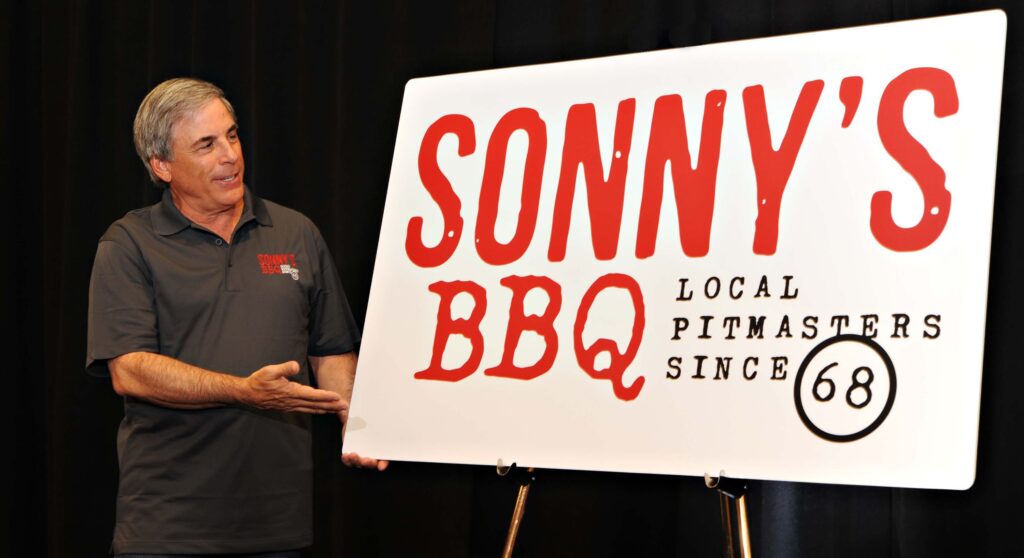
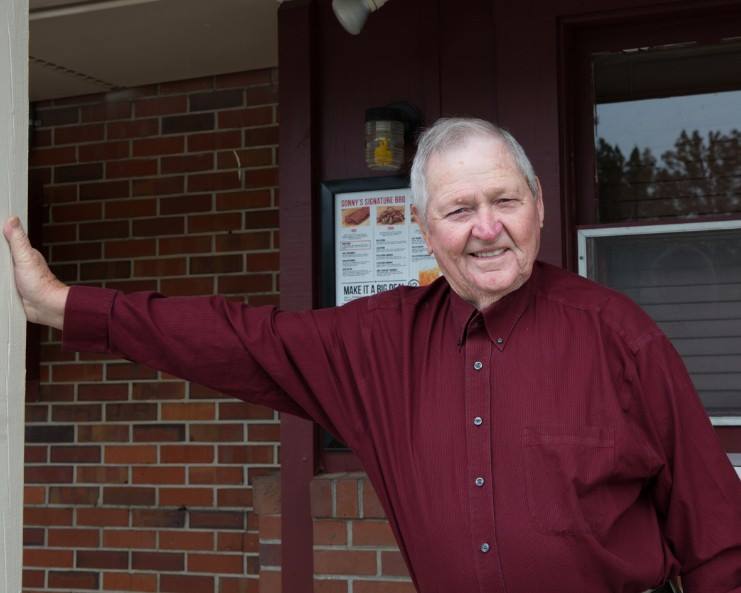
In 1991, Orlando area franchisee Robert Yarmuth purchased Sonny’s from Malkani for $7 million. He moved the headquarters from Gainesville to Maitland. Today, the chain has 90 locations across eight states in the Southeast. This is off its peak of 113, with some store closures and others converting to independent brands. But it’s safe to say Yarmuth has been a good brand steward.
Lucille Tillman, the company’s matriarch, died in 2021 at 91. Sonny Tillman will be 95 years old this August (2024). Who says barbeque isn’t healthy?!
Fat Boy’s Rise, Sale and Bankruptcy
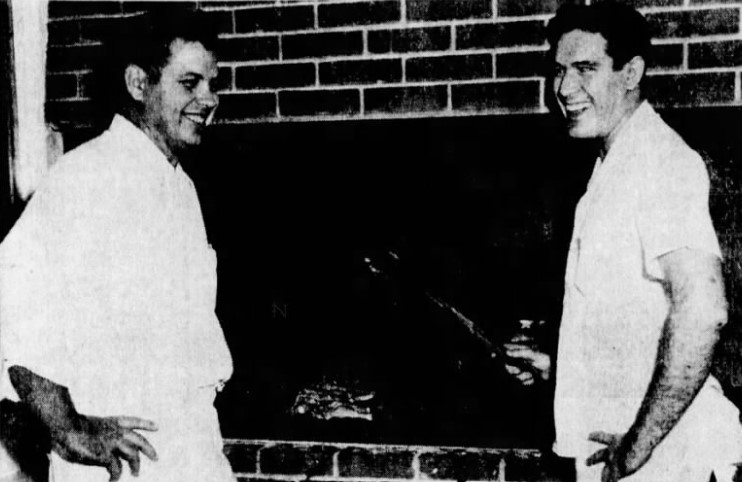
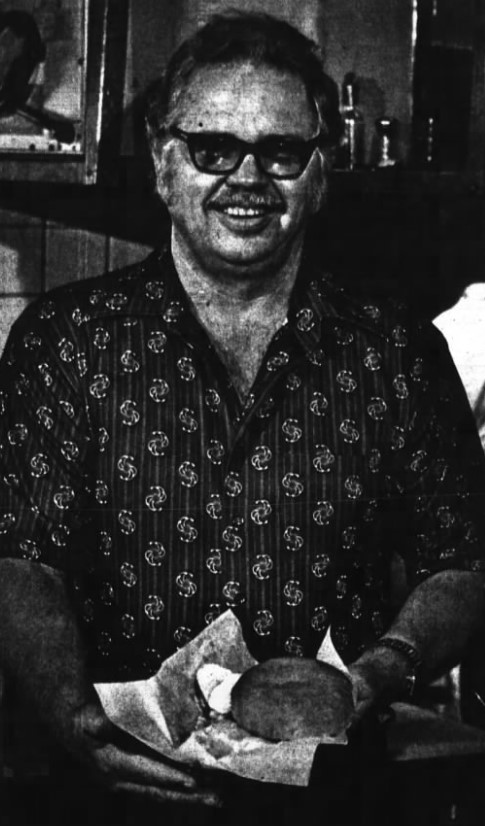
Though I have been unable to discover the details, the Keller brothers wrestled a bit over control of the company. Jesse Keller landed in the driver’s seat, filling the board with members of his immediate family in 1980. This included his wife, Janet, and two sons, Jal “Kevin” and Ron “Ronnie” Keller (who eventually took over the helm from his father).
Despite the in-fighting and competition from their cousin, Fat Boys BBQ continued to have an exceptional market share and reputation. Especially in Central Florida, it was the only game in town in many rural counties from the 1970s through the early 90s.
The company purchased a private jet for Jesse to cruise around to visit various franchises or take the family on leisure trips (hunting and fishing being his favorites). Jesse and family purchased 337 acres at a North Carolina retreat and a vacation home near ski slopes in Breckenridge, Colorado. Janet was known to spend months out of the year in Colorado.
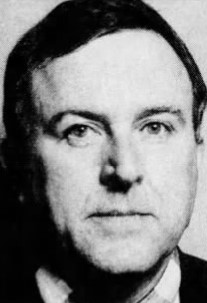
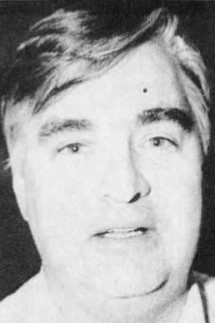
The Kellers decided to follow Sonny Tillman and find an exit to retirement life. In April 1991, they sold the chain for $1.57 million (as a promissory note) to Glenn Summers and Pat McDonald. The two Brevard County businessmen and investors had no restaurant experience (noticing a trend here?). Predictably, things went poorly. The duo sued the Kellers, claiming they had misrepresented the company’s financial condition. The courts, however, ruled in favor of the Kellers, but that didn’t mean a payday. The company could not pay its bills, let alone the promissory note to the Kerlls, and filed for Chapter 11 in 1993.
A deal was struck with the Keller family and other creditors, allowing Fat Boys to emerge from bankruptcy in 1994. The Kellers agreed to take substantially less money ($1M but still not upfront). Jesse and Janet Keller were reinstalled on the board of directors, Summers continued as president, and McDonald resigned from his CFO post.
But that was the beginning of the end. The chain continued to bleed both dollars and franchises. Although it slowly faded into obscurity, a handful of Fat Boys BBQs around the state still operate independently: Lake Wales, St. Cloud, Kissimmee, and Ocala.
Todd Keller: Keller’s and O’Boys BBQ
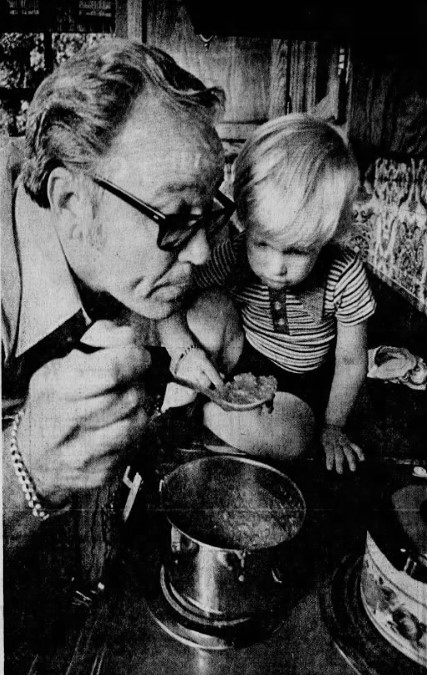
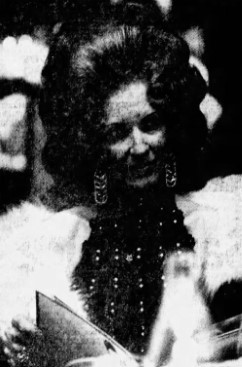
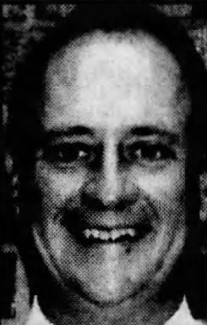
Andy and Birgitta Keller raised their family in the Tuskawilla area of Winter Springs in the 1970s and 80s. Their son, Todd, graduated from Oviedo High School and continued the family business of the food service industry. In 1995, his first venture was a joint in Key West called Fat Bull’s BBQ (which sounds strikingly similar to “Fat Boys,” eh?). He moved back home to Seminole County a couple of years later. Two of his employees, Dan and Lisa De La, followed him from Key West to continue to manage his future restaurants.
Todd partnered with his brother, Brian, to open Legends Grill & Bar next to the former driving range on Central Parkway in Altamonte Springs, which operated from the mid-1990s through the 2000s. Todd was a co-founder of O’Boys BBQ in Orange County. Though short-lived (1996-2012), it was a well-loved barbeque force in Central Florida for over a decade, winning numerous awards and opening multiple locations, including Orlando, Winter Park, and Apopka.
However, Todd exited O’Boys to start a solo venture soon after its founding. He opened the first Keller’s BBQ in Lake Mary in 1998. They expanded to another location in Forest City/Altamonte Springs in 2000. It has remained a Seminole County smoked meat institution ever since.
Keller’s BBQ has been Todd’s most lasting contribution to the Central Florida barbeque industry. In 2013, Todd sold his interest in the two-location chain to Dan and Lisa, the two loyal employees from Key West. They continue the tradition today, with a loyal following of barbeque enthusiasts who still swear by their Culpepper-inspired recipes.
Todd had one more short stint with a Sarasota/Bradenton restaurant called Boneyard BBQ between 2017 and 2019.
Other Restaurants from the Family and Former Employees
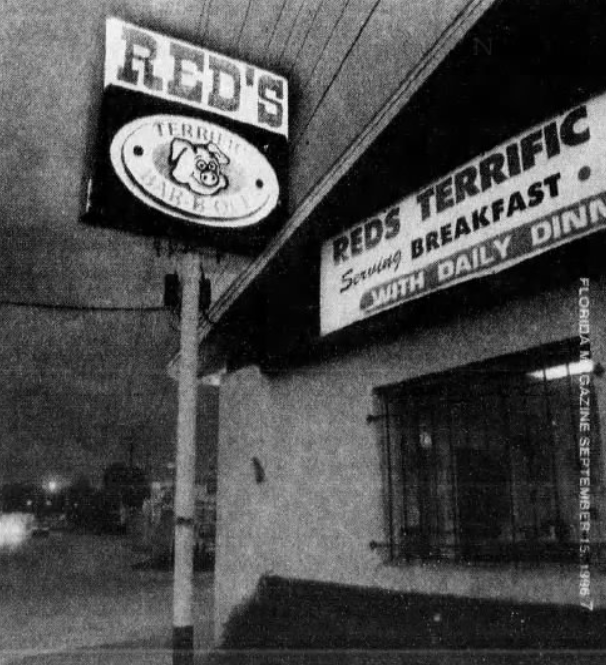
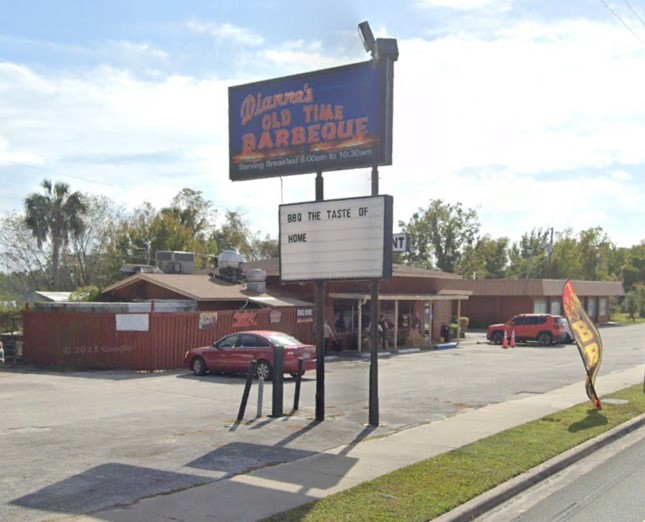

- Vernell “Red” Birden started as a dishwasher at the Orlando Fat Boys under Andy Keller. Over the next two decades, she worked up the ranks to become a cook and run the kitchen. In the mid-90s, she launched Red’s Terrific Barbecue in Parramore, near downtown Orlando.
- Robert Longs, another Fat Boys cook, launched B’s BBQ Diner at Mills and Nebraska in Orlando. It operated from the early 90s until about 2014.
- Andy Keller, Fat Boys co-founder, launched River’s Edge Inn Cafe in Grant (US-1, south of Palm Bay) in 1999.
- Sonny Tillman’s daughter, Dianne, ran a Sonny’s franchise for many years. However, Sonny’s did not permit franchisees to serve breakfast after her father sold the business. Dianne was grandfathered in for many years, but eventually, they persisted in shutting down the practice. Rather than stop serving her morning customers, Dianne left the chain and still operates Dianne’s Old Time Barbeque in Hawthorne (north of Gainesville).
- Tim Carner, who operated Louie’s Bar-B-Q in Sanford during the early 2000s, is a former Sonny’s franchisee from Volusia County. Carner’s uncle married one of Sonny Tillman’s daughters. Tim started working at a Sonny’s location, owned by his uncle, when Tim was 16.
- Andy Keller Jr.’s granddaughter, Tiffany Keller Beres, operates multiple Marco’s Pizza locations in Seminole County.
There are undoubtedly many, many more!
Culpepper-Inspired Fat Boys Recipes
Want to try some of the classic dishes? Here are some Fat Boys recipes that were made public.
References
- Newspapers.com
- Archives of Orlando Sentinel, Miami Herald, Florida Today, The Melbourne Tribune, St. Lucie News Tribune, Boca Raton News, Tampa Tribune, Bradenton Herald
- Gainesville Sun Archives
- SunBiz
- Sonny’s BBQ Facebook
- Tasty Chomps interview with Sonny Tillman
- Find A Grave
- Family Search
- Legacy.com
- Gainesville Business Report
- Business Wire
- Sonny’s BBQ Locations and About Page
- Keller’s BBQ About Page
- Wikipedia
- Google Maps
- Culpepper Connections (family site)
- Roots Web


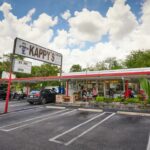


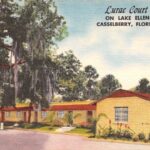
3 responses to “Origins of the Sonny’s and Fat Boys BBQ chains”
[…] follow up on the origin story of Fat Boy’s Bar-B-Q, here are some of the recipes shared from this throwback restaurant favorite. These recipes were […]
What about AJ “ Huck “ Davis who owned four Fat Boy restaurants in Brevard county in the 60’s and 70’s. Great man.
Andrew “Huck” and Mary-Elise Davis, along with Jesse and Shirley Keller, two married couples, opened the original Fat Boy’s on A1A in Cocoa Beach. That’s where Sonny Tillman got his start, not in Cocoa, as this article alleges. Sonny was Jesse’s Cousin. When Huck and Mary-Elise split, Mary-Elise got the restaurant. I heard that Huck opened some Fat MAN’s restaurants, but I’m not sure is that’s true. Mary-Elise and her son Craig ran the original Fat Boy’s until they both passed away. Their deaths were very close to each other. In 1979 Mary-Elise called “Florida Today” newspaper. This is what Florida Today reported in their 6/1/79 edition: “Fat Boy’s Bar-B-Q, Cocoa beach: Mary-Elise Davis called to give us some additional background on Fat Boy’s: Jesse and Shirley Keller, Andrew “Huck” Davis and Mary-Elise Davis, the original partners, opened on March 28, 1960 on North Atlantic Avenue, Cocoa Beach. In 1961 they opened in Cocoa, and in 1962 in Titusville. Since 1973 Mary-Elise has been the sole owner of the Cocoa Beach restaurant where her son, Craig, is manager. Robert Wilson recently purchased the Titusville Fat Boy’s from “Huck” Davis.